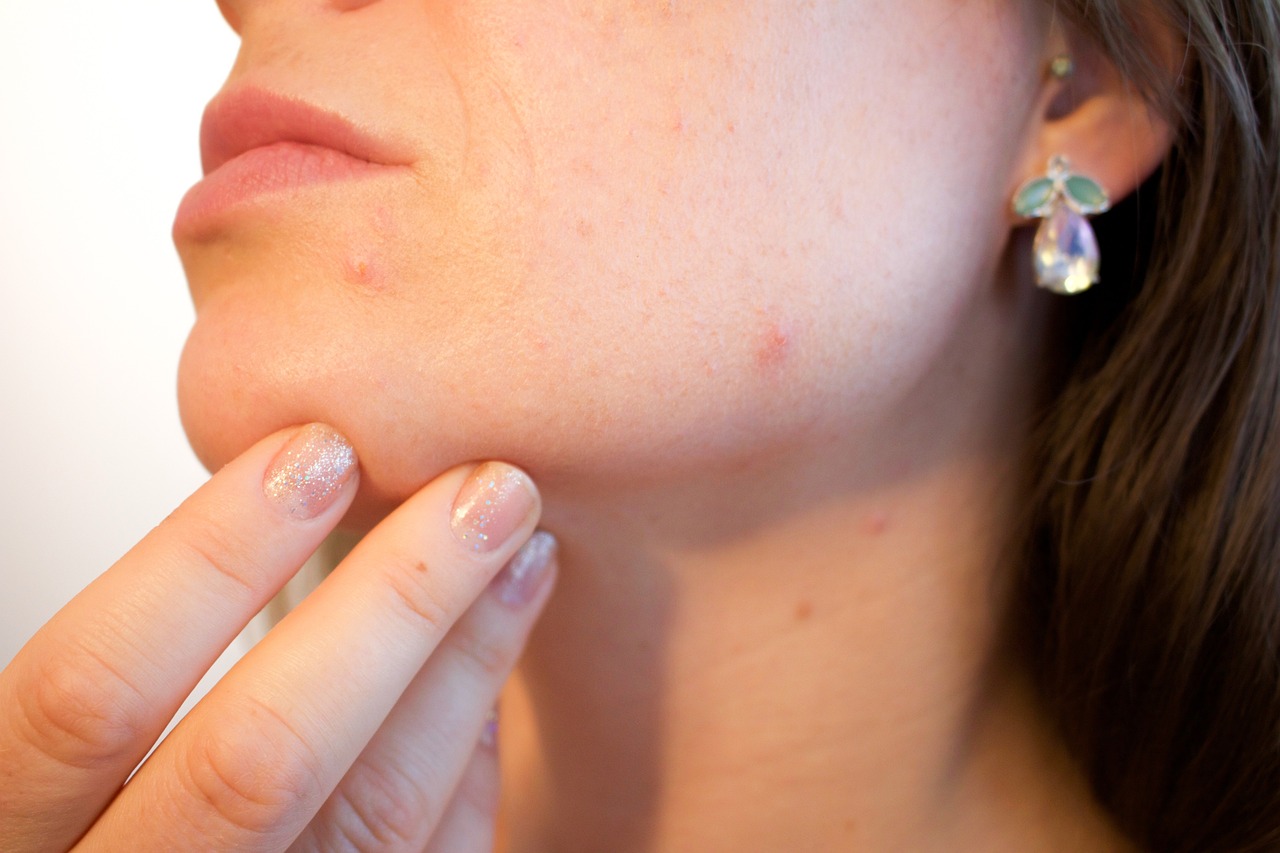The Impact of Hormones on Your Skin: Unraveling the Complex Connection

The Impact of Hormones on Your Skin: Unraveling the Complex Connection
Your skin is a reflection of your overall health, and hormones play a pivotal role in maintaining its vitality and appearance. For women, hormonal fluctuations throughout their lives can lead to various skin issues, including acne, melasma, and premature aging. In this article, we will dive deep into the intricate relationship between hormones and your skin, shedding light on how these chemical messengers can influence your complexion.
Understanding Hormones and Their Impact
Hormones are regulatory substances produced by various glands in your body, including the ovaries, thyroid, and adrenal glands. They act as messengers, traveling through the bloodstream to target cells and organs, influencing a wide range of physiological processes, including skin health. Let's explore how different hormones can affect your skin:
Estrogen and Progesterone
These two hormones are predominantly associated with the female reproductive system. They contribute to skin hydration, collagen production, and overall skin thickness. When their levels fluctuate, especially during the menstrual cycle, pregnancy, or menopause, skin issues may arise. Fluctuations in estrogen and progesterone levels can trigger melasma, a skin condition characterized by dark patches on the face.
Androgens
While androgens are often considered male hormones, women also produce small amounts of them. An excess of androgens, such as testosterone, can lead to oily skin and acne. Elevated levels of androgens can stimulate the sebaceous glands to produce more oil, increasing the likelihood of acne.
Thyroid Hormones
Thyroid hormones influence the rate of various metabolic processes in the body. When thyroid function is disrupted, it can impact skin health. An underactive thyroid (hypothyroidism) can lead to dry, flaky skin due to reduced oil production. An overactive thyroid (hyperthyroidism) may cause excessive sweating and flushing of the skin.
Cortisol
This stress hormone, produced by the adrenal glands, can affect skin health when chronically elevated. High-stress levels can trigger inflammation, making the skin more prone to conditions like acne and irritation.
The Impact on Common Skin Issues
Now that we've explored how hormones influence the skin, let's delve into three common skin issues and their connection to hormonal fluctuations:
Acne and Hormones
Acne is a skin condition that affects women of all ages, often related to hormonal imbalances. When androgen hormones stimulate the sebaceous glands, excess oil is produced, leading to clogged pores and acne lesions. Hormonal acne is typically characterized by:
- Deep, painful cysts
- Breakouts primarily around the jawline, chin, and lower face
- Flare-ups during menstruation or hormonal changes
Managing hormonal acne often involves addressing the underlying hormonal imbalances. Birth control pills, which regulate hormone levels, can be an effective treatment option. In severe cases, medications like spironolactone may be prescribed.
Melasma and Hormones
Melasma, also known as "the mask of pregnancy," is a skin condition characterized by dark, irregular patches on the face, particularly the cheeks, forehead, and upper lip. It is primarily triggered by hormonal fluctuations, especially increased estrogen and progesterone levels during pregnancy or while taking oral contraceptives.
Preventing melasma involves diligent sun protection, including sunscreen and protective clothing. Topical treatments like hydroquinone, retinoids, and chemical peels can help fade existing melasma patches.
Aging and Hormones
Hormones also play a role in the aging process. As women approach menopause, estrogen levels decline significantly. This decrease in estrogen contributes to:
- Thinning of the skin
- Reduced collagen production
- Increased dryness
- Wrinkles and fine lines
While hormonal replacement therapy (HRT) may help mitigate some of these effects, it's essential to discuss its risks and benefits with a healthcare provider. Additionally, adopting a skincare routine that focuses on hydration and collagen stimulation can be beneficial.
Conclusion
Your skin's health is intricately linked to the hormonal balance within your body. Hormones like estrogen, progesterone, and androgens influence oil production, collagen synthesis, and skin thickness, making them critical players in the quest for healthy and radiant skin. Understanding how hormones affect your skin allows you to take proactive steps in managing common issues like acne, melasma, and premature aging. Whether it's through hormonal treatments or a well-crafted skincare regimen, you can work toward maintaining youthful and vibrant skin throughout your life.
